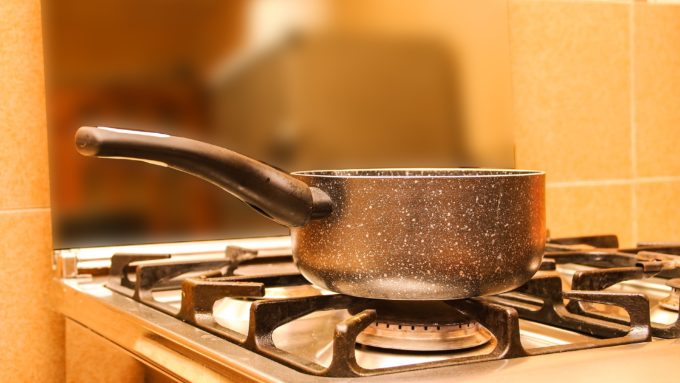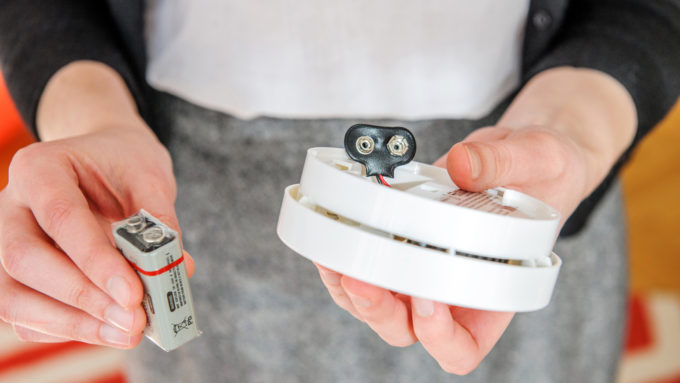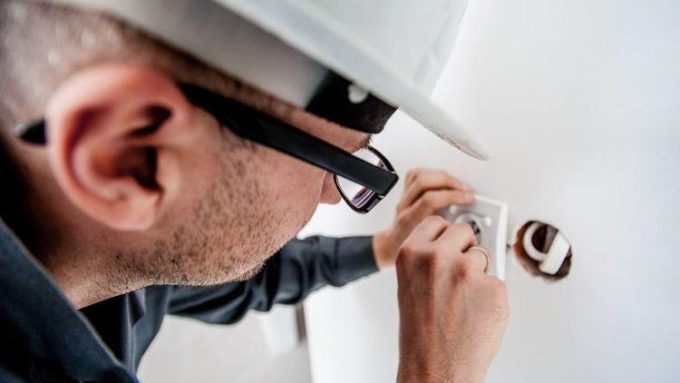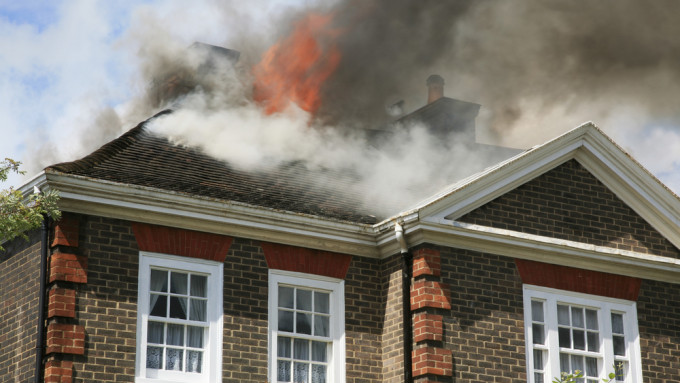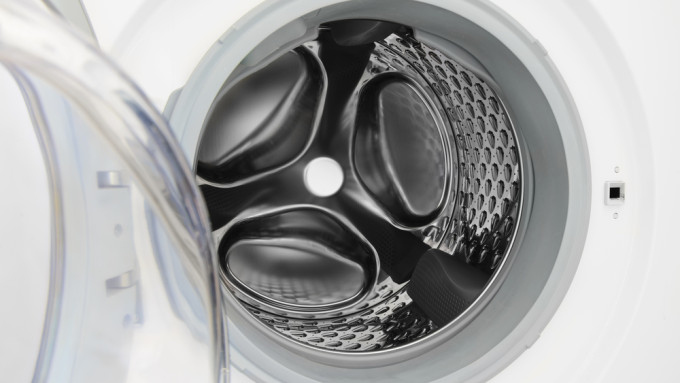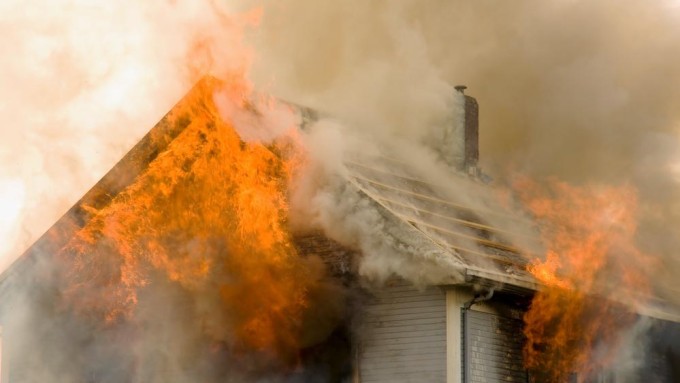The kitchen is the heart of the home where meals are lovingly prepared. But, did you know that the kitchen is also the most likely place that home fires begin? Read on to learn how to protect your family from the dangers associated with kitchen fires.
How to Protect Your Home from Kitchen Fires
Most common causes of kitchen fires
The most common causes of kitchen fires are frying food and leaving cooking food unattended. Frying is a particularly dangerous way to cook because oil is highly flammable, and heating the oil too much or having splattering oil will quickly cause a kitchen fire. Be aware that walking away from any cooking food is dangerous even if you think you will be gone for a short amount of time.
Take preventative actions
Prevent fires by keeping flammable items like oven mitts, dish towels, and utensils away from the stove-top, and keep at least one small fire extinguisher in your home and make sure it is accessible in the kitchen.
Also make sure that your cooking tools are appropriate for what you are trying to prepare. This includes making sure your stove-top is in good working order as well as your pots and pans being the correct size. You may want to consider investing in an outdoor fryer if you do a lot of frying.
Stop a fire in progress
If you notice that your oil starts smoking, immediately turn your cooking temperature down. Smoking oil is a sign that it is too hot and will catch on fire soon. The only way to put out a grease fire is to smother it, so keep a lid near your cooking area. If you can’t put it out, shut the door and get everyone out of the house.
Damage to your home
Depending on how large the fire was, you may see significant damage to your kitchen. Besides the obvious damage to stove top and melted appliances there may also be unseen damage to gas lines and electrical lines. It is always best to call the fire department to make sure that your home is safe before you re-enter after a fire.
Another big issue with kitchen fires is the fumes and soot caused by burning plastic and other items. You will need to wash down your walls, clean out drawers and cabinets, and be sure to change your air filter. Soot from the kitchen fire will travel to your entire home through your air ducts.
That’s the luckier side of things. Kitchen fires can easily become full-fledged house fires, and you could end up without a home. Unless put out extremely quickly, a fire will likely require the assistance of either an electrician, a disaster specialist or both to get the home back to safe and comfortable conditions.

